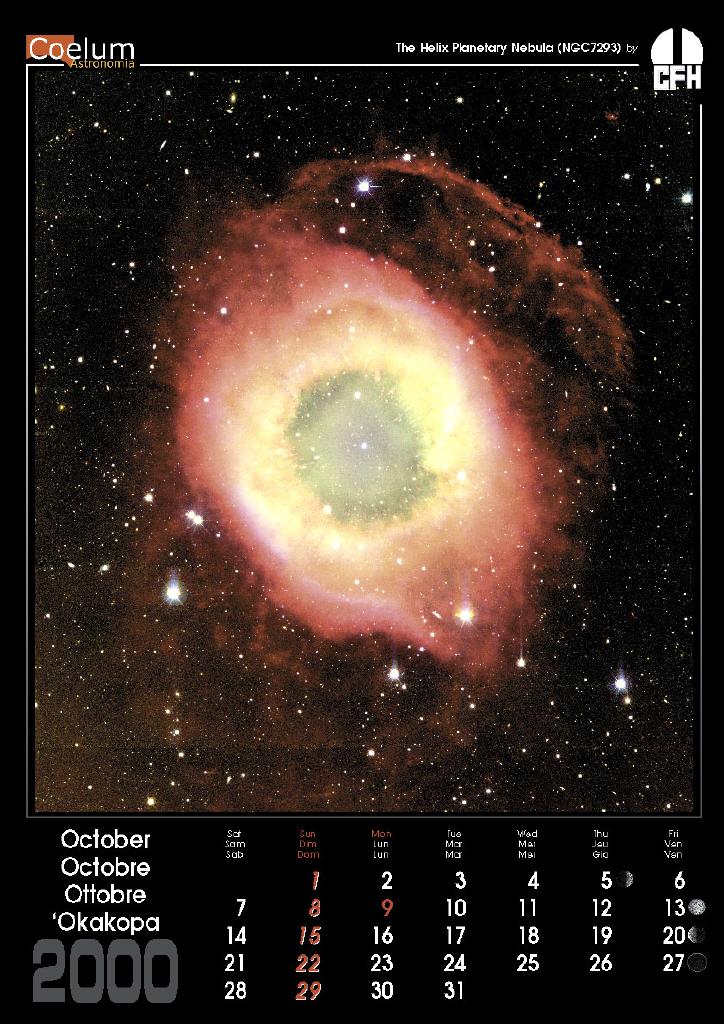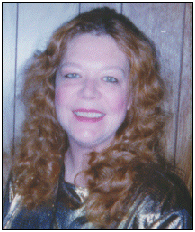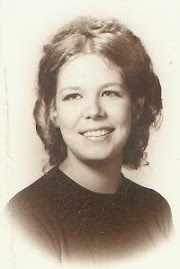As I have written before, New Orleans is still very much suffering from the ravages of Katrina. Our hearts go out to those in the California wild fires. After all, we know precisely how it feels to watch nature's rage devastate your home, your city or town, people you love. And I do not mean to take anything away from those people. They need help; they need to start over, many of them; and even the 'lucky' ones who did not have their lives, or all their worldly possessions destroyed, still will be haunted by this disaster for years to come.
We in New Orleans are not only haunted by the memories, we are still haunted by the devastation. There are simply not enough dwellings for all the people here. Landlords continue to raise rates on apartments, some barely livable, because they can. People had inadequate insurance on homes, or their policy holders have claimed exclusion after exclusion. The Federal government seems to have forgotten us. Prices on food and gas and utilities are up, because those who supply these things still want to meet their bottom lines. We don't have enough hospitals, or doctors, or nurses, and our mental health facilities are laughably inadequate.
We always had a high poverty rate. Now the plight of the working poor is so severe that one cannot survive on minimum wage. Many schools are still closed. Where does one put one's children, in order to seek work? One of the reasons so many stayed behind during Katrina was that they didn't have a way to leave the city. Pre-Katrina, we had a very good public transportation city. My family hadn't had a car in all the years we've lived here. But in our post-Katrina world, the bus routes are sharply curtailed. There are fewer buses, the schedules are far slower. People who didn't have transportation then don't have it now, and that makes things such as getting to school (no, most of our schools don't have school buses unless they are privately funded by parents; the kids get bus tickets for the public buses) and getting to work difficult.
By some estimates, the number of our city's homeless has doubled post-Katrina. Some are workers who came to help with the rebuilding, and now can't afford to live here. Some were put out of FEMA trailers. Some lost family, and came back alone. There are many reasons that these people have fallen on hard times. Imagine if you woke up tomorrow and your home, and all you owned, was gone. Your job is gone. Your friends are gone. Your family is scattered. Could you start, alone, from scratch and rebuild your life? If you could, then count yourself lucky. If you have enough of a bank account that you could immediately afford rent or house payments twice what they were yesterday, could immediately get a new car, new clothing, new appliances and dishes and furniture, could feed yourself and those around you, count your blessings. For many of us it isn't that easy.
So, what has happened to the homeless here? Well, if you do a Google Search on Homeless New Orleans City Hall, you'll get a lot of hits. This summer, as an attempt to bring the plight to the forefront of the city's priorities, the homeless set up a sort of protest/safe camp in Duncan Plaza, a little park across from City Hall. It was only supposed to be for a weekend, originally, to bring attention to the situation. But while the Mayor's Office didn't do anything except organize a bit of food for them that weekend, the police have not forced them to move. So they are still there, and are forgotten. And now we are entering the time of year where we have frequent cold snaps. It got into the 40s last night. Our fall, winter and early spring weather is very changeable. It can be 80 one day and 30 the next. These people are freezing. And hungry. And tired. And dirty.
So, what do I want readers of this blog to do? I want you to help, any way you can. You can send letters to City Hall, I'll include the address. You can send help. These people need food, clothing, tents, sleeping bags, soap, toiletries. I'm willing to collect things and hand deliver them, but obviously I don't want to post my address here. If you want to help, email me at maggietcat@gmail.com and we'll work out something. Or send boxes directly to The Homeless c/o City Hall. Include anything that you think will help, from toothbrushes and soap to granola bars to underwear, socks, tee shirts, coats, blankets, and so on. They don't have to be new items (well, maybe the underwear should be). It doesn't have to be expensive. Send me beans and rice, and I'll take pots out to them. Send them paper plates and bowls and plastic utensils. Here are some items I think would really be appreciated:
Inexpensive blankets: Microfiber material is inexpensive, warm, and best of all doesn't need to be hemmed or finished. Cushion your packages with yards of it.
There are bed/blankets that you can make if you are handy, from bread bags. Have your kids collect them, or even make them, at school.
http://www.bagbed.com/
American Science and Surplus (sciplus.com) has all kinds of really inexpensive items that could make a huge difference to someone homeless. Here are just a few (and no, I don't work for them, just love their catalog).
Mylar Warmth
They have the look of something designed for the space program. They're mylar, a paper-thin shiny metallic sheet, that comes in handy when your car breaks down in winter, or when you're separated from your climbing group on the slopes of Mt. McKinley. Barring that, they're also a perfect material for a do-it-yourself cold-climate Halloween costume-near impossible to rip by hand, but cut easily with scissors. There's no padding, so they wouldn't be too comfy on your bed, but they sure are warm. They both come folded about the size of a wallet. The Blanket is 52" x 82", the Sleeping Bag is 34" x 84".
91007 EMERGENCY BLANKET $2.50 EACH
91432 MYLAR SLEEPING BAG $5.50 EACH
Sleeping Pad
Campers put these pads under their sleeping bags to insulate themselves thermally and ergonomically from the hard cruel ground. They call them "Insulite" which sounds like a brand name and they are military grade. We don't know if the items we have are seconds from that company or somewhere else, but we can't tell the difference. They are at least 20" x 60" and are 3/8" thick dense foam rubber. We have light blue, dark blue khaki/green and mauve/purple, from which we shall pick your purchase. One side is glossy with more closed pores than the other. We have used them, and they are great! Feather light too at only 20 oz. Good as light duty tumbling or exercise mats as well.
24668 SLEEPING PAD $6.95 EACH
Go Native
This straw/bamboo/tatami (we're not sure what to call it) mat is tightly woven but flexible. The 70" x 24" mat rolls up to a compact 2-1/4" dia. Unroll it on the beach, porch or picnic table. Natural color, with light green or pink binding (our choice).
34031 BEACH MAT $3.25 EACH
Be A Standout!
Wear bright orange PVC to enhance your visibility and reduce the likelihood of tire tracks across the toes of your sneakers. The 24” long vest is 39” around, plus the 11” ties in front. A couple of reflective stripes encircle the vest. The hooded rain poncho is 38” long x 51” across, with snaps on the sides.(The poncho is more pink than orange.) Both the vest and the poncho are one-size-fits-all, waterproof and reusable. Throw a couple in your trunk, and hope you never need them.
35972 SAFETY PONCHO $2.95 EACH
35919 SAFETY VEST $1.95 EACH
Ovular Foam
Very nice oval- shaped thingies made of an almost Nerf-like foam. Supposed to be headrests for pick-up trucks. But we also see them as camping pillows, kneepads for gardening and floor-waxing, even a perfect stadium seat if your tush ain't too big. 15" x 8-1/2" x 1-3/4" thick; we'll choose from an assortment of colors.
27664 FOAM HEADREST $2.00 EACH
Tough Paper Trays
And lots of ‘em. These coated paper trays are microwave-safe. In fact, they’re very much like the ones used for some commercial frozen entrees, but we draw the line at claiming they’re food-ready or food-safe. At these prices, though, they’d make great lab trays, paint palettes or craft containers for schools—or any place else you need a lot of tough little disposable trays. They measure 8” x 6-3/8” x 1-3/16” deep and are off-white inside, bright orange/red on the outside.
36322 DISP TRAY, BULK $17.95 PKG(240)
36231 DISPOSABLE TRAY $2.95 PKG(30)
Tubs for Stuff
Originally intended for hospital use (Think Nurse Cratchit. Think cold, wet sponge baths.), these 12” x 9–1/2” x 4–1/4” deep washbasins have rounded ends and flat lips. The #5 plastic is that wonderful institutional–yellow color. But they’re indestructible, short of melting them, and they nest when not in use. Use them to store your craft supplies, the kid’s action figures, the cat’s squeeze toys. Or take up nursing.
91728 YELLOW WASHBASIN $1.00 EACH
Drag-A -Bag
If a suitcase can have wheels, why can't a shopping bag have wheels? Now it can! This bag, which can be folded into a 12" x 7" x approx 2" thick packet with a convenient carrying strap, can become a stuffable 26" tall x 12" x 7" carrier. When the bag and its woven handles have been unfolded, and its (2) short legs and (2) 3-1/2" dia wheels have been rotated into place, it rolls right along! It's sturdily constructed of heavy-duty, see-through green plastic, and it's perfect for shoppers, teachers, tradesmen, anyone.
35142 BAG W/WHEELS $5.95 EACH
Surplus Sacks
Good 'uns, though. We'll pick a white or an olive-drab cloth military laundry bag for you. They're lightly used but clean and 28" x 18" with a drawstring at the top. If you've already got a laundry bag, they're just the right size to be camping pillowcases. You don't take your pillow camping? Try it. Maybe you won't lie there wishing you were home.
37056 LAUNDRY BAG
Inverted Lid
We suspect this clear plastic bathtub shaped "bowl" was made as the lid for some horrible airplane food dish. It is very light weight, flimsy even, 5-1/4" long x 2-3/4" wide 1-3/16" deep. Hold frog parts in it in biology. Mix craft glop in it. Hold sequins while sewing, or watch parts while seeking the source of ticking. Great to cover one large stalk of celery stuffed with cream cheese and placed on a dish of your choosing.
30905 FLIMSY BOWL $2.00 PKG(50)
If you don't want to help New Orleans homeless, think about the homeless in your own community. It doesn't cost much to help someone. I think of the story, I believe from Contact by Carl Sagan. In it, some disturbance has caused a beach to be covered with dying starfish. A little girl runs up and down, frantically flinging as many as she can back into the sea. Her father watches for a few minutes, and then says, "There are so many, you can't possibly make a difference." She replies, "It makes a difference to the ones I save."
So, email me, or send your mail, or better yet, your usable items to our homeless. And make a difference to the one you save.
Duncan Plaza Homeless
c/o New Orleans City Hall
1300 Perdido St.
New Orleans, LA 70112
(504) 658-4000
"For I was hungry and you gave me something to eat, I was thirsty and you gave me something to drink, I was a stranger and you invited me in, I needed clothes and you clothed me, I was sick and you looked after me, I was in prison and you came to visit me."
Then the righteous will answer him, "Lord, when did we see you hungry and feed you, or thirsty and give you something to drink? When did we see you a stranger and invite you in, or needing clothes and clothe you? When did we see you sick or in prison and go to visit you?"
The King will reply, "I tell you the truth, whatever you did for one of the least of these brothers of mine, you did for me."
Matthew 25:35-40


